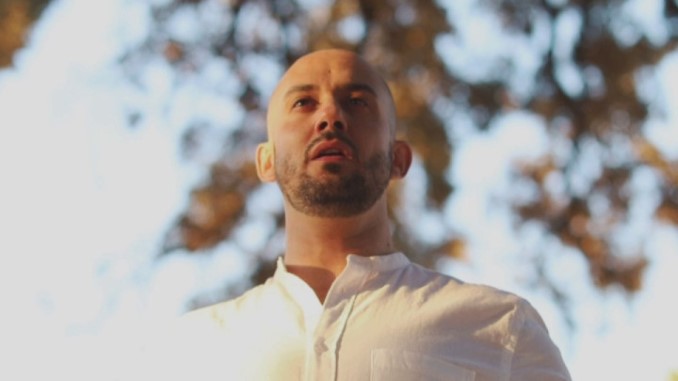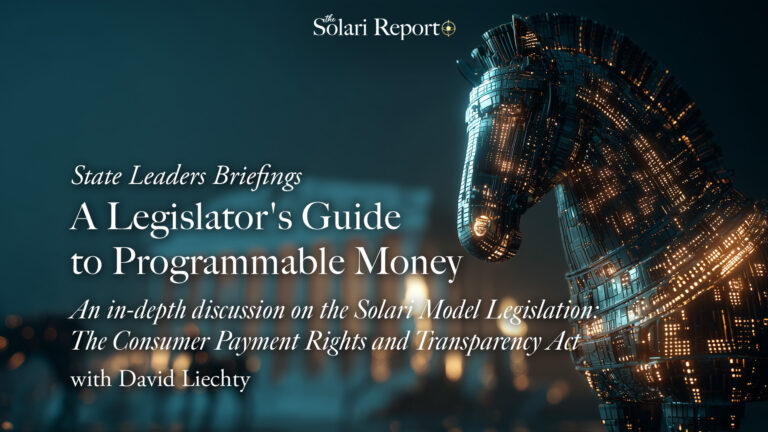
Music of the Week: February 16, 2024: G. F. Händel – Ombra mai fu
Become a member: Subscribe
- Money & Markets
- Weekly Solari Reports
- Cognitive Liberty
- Young Builders
- Ask Catherine
- News Trends & Stories
- Equity Overview
- War For Bankocracy
- Digital Money, Digital Control
- State Leader Briefings
- Food
- Food for the Soul
- Future Science
- Health
- Metanoia
- Solutions
- Spiritual Science
- Wellness
- Building Weatlh
- Via Europa
Solari’s Building Wealth materials are organized to inspire and support your personal strategic and financial planning.

Missing Money
Articles and video discussions of the $21 Trillion dollars missing from the U.S. government
No posts
- LATEST
- TOP SECTIONS
- SERIES
- Money & Markets
- Weekly Solari Reports
- Ask Catherine
- News Trends & Stories
- Equity Overview
- Cognitive Liberty
- Young Builders
- Building Wealth
- The War for Bankocracy
- Digital Money, Digital Control
- State Leader Briefings
- Food
- Food for the Soul
- Future Science
- Health
- Metanoia
- Solutions
- Spiritual Science
- Wellness
- Via Europa
- BLOGS
- RESOURCES
- COMMUNITY
- My Account
- Log In
- Subscribe
- Search
- Shop
- Support
- Donate
- Log Out
Music of the Week: February 16, 2024: G. F. Händel – Ombra mai fu

Xerxes was a grand Persian king (and Pharao of Egypt), probably best known to many as Ahasverus (a distorted pronunciation of the original Xšayār̥šā) from the Book of Esther, where the queen of Hebrew descent saved the Jewish people against Haman’s wicked design of destruction.
Among many pompous projects, Xerxes was also the builder of colossal structures in Susa and Persepolis and the architect of the ambitious Xerxes canal through the Athos isthmus of the Chalkidiki peninsula.
The king is portrayed as a megalomaniac and warring man, but this may go back to the fact that very little is known about his time and life other than the Greek documentation of Persian invasions. Indeed, he must have been an enthusiastic character full of ideas and indulging in gigantic ventures. There is a story handed down about him by historians Herodotus and Aelian that maybe best illustrates his passionate personality even though it was remembered mainly to his ridicule: Xerxes was a lover of trees. One particular platanus tree had impressed and captivated him so much that he decorated it with gold necklaces and precious ornaments and put a guard over it, Aelian mocks, “as if it were a woman he loved”.
If we remember, however, that the Persians of that time were Zoroastrians the motif of the venerable tree representing immortality takes on a deeper note.
Our Music of the Week is the opening aria of G.F. Händel’s opera Serse, also known as “Handel’s Largo”, in which Xerxes lingers under the tree and sings to its beauty. Performed with extraordinary refinement by countertenor Franco Fagioli.
Lyrics in English: Tender and beautiful fronds of my beloved plane tree, let Fate smile upon you. May thunder, lightning, and storms never disturb your dear peace, nor may you by blowing winds be profaned. Never was a shade of any plant dearer and more lovely, or more sweet.
Related:
Ombra mai fu (Wikipedia)
Franco Fagioli homepage
4 Comments
Comments are closed.
Our mission is to help you live a free and inspired life. This includes building wealth in ways that build real wealth in the wider economy. We believe that personal and family wealth is a critical ingredient of both individual freedom and community, health and well-being.
Nothing on The Solari Report should be taken as individual investment, legal, or medical advice. Anyone seeking investment, legal, medical, or other professional advice for his or her personal situation is advised to seek out a qualified advisor or advisors and provide as much information as possible to the advisor in order that such advisor can take into account all relevant circumstances, objectives, and risks before rendering an opinion as to the appropriate strategy.
Be the first to know about new articles, series and events.

4 Comments
-
I wept when I listened to Handel’s aria and watched the accompanying vid of that majestic tree, reminding me that our life giving magnificent trees are being destroyed by the chemtrailing. I live in the US eastern woodlands where the trees are dying—it’s a slow death with enormous amounts of dead tree limbs and broken tree trunks covering the floor of forests. That aria, expressing a passionate love for a tree, has great meaning for all today; whereby, we could amend the lyrics to read—
“May thunder, lightning, storms, and the toxic chemical spraying of our skies never disturb your peace and well-being…”-
Wonderful choice. Thank you.
-
-
Sublime!
-
This has long been one of my favorite pieces of music. I have never seen the opera so I didn’t know they story behind the aria or the context in which it was sung.
Since it is a short piece, about 2 years ago I looked up the lyrics so that I could sing along (or on my own). I then found a translation of the lyrics in English and when I read the words it seems so trivial, boarding on the ridiculous. Your article, however, has given me the necessary background information to appreciate this aria and with this new understanding I can now enjoy it even more, especially this beautiful version. Thank you.
Comments are closed.



















































































































I wept when I listened to Handel’s aria and watched the accompanying vid of that majestic tree, reminding me that our life giving magnificent trees are being destroyed by the chemtrailing. I live in the US eastern woodlands where the trees are dying—it’s a slow death with enormous amounts of dead tree limbs and broken tree trunks covering the floor of forests. That aria, expressing a passionate love for a tree, has great meaning for all today; whereby, we could amend the lyrics to read—
“May thunder, lightning, storms, and the toxic chemical spraying of our skies never disturb your peace and well-being…”
Wonderful choice. Thank you.
Sublime!
This has long been one of my favorite pieces of music. I have never seen the opera so I didn’t know they story behind the aria or the context in which it was sung.
Since it is a short piece, about 2 years ago I looked up the lyrics so that I could sing along (or on my own). I then found a translation of the lyrics in English and when I read the words it seems so trivial, boarding on the ridiculous. Your article, however, has given me the necessary background information to appreciate this aria and with this new understanding I can now enjoy it even more, especially this beautiful version. Thank you.